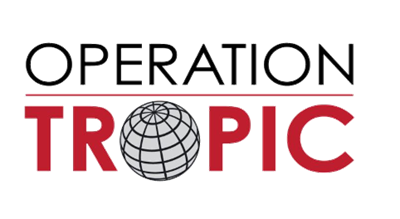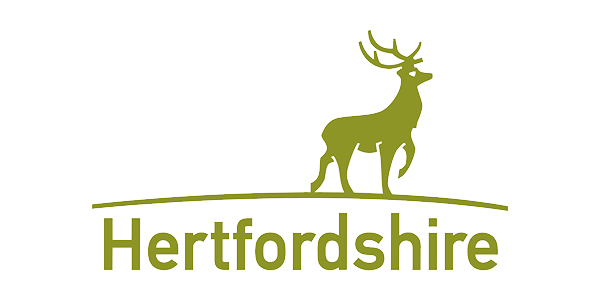Businesses
Helping you address modern slavery within your business, operations and supply chains.
Businesses are seen as integral to the fight against this horrific crime, which is evidenced in new pieces of legislation, such as the Modern Slavery Act and the California Transparency in Supply Chains Act.
How this applies to your organisation
Section 54 of the Modern Slavery Act 2015 requires all commercial organisations operating in the UK, supplying goods or services and with an annual turnover of over £36 million to publish a statement setting out what steps they are taking to ensure there is no modern slavery in their business and supply chains. This statement must be linked on the company’s homepage, signed by a Director and approved by the Board of Directors.
Even if businesses don’t reach the £36 million threshold under the Modern Slavery Act, most will no doubt find themselves in another company’s supply chain; having sufficient evidence of anti-slavery practices and policies is increasingly becoming part of business tenders. Businesses have been charged with modern slavery crimes and some have faced financial ruin because of subsequent settlements and fines.
If you are looking to start your business journey to begin tackling exploitation in your supply chains, then download the free Stop the Traffik and Shiva Foundation SME Toolkit. This toolkit seeks to provide practical guidance for small and medium-sized enterprises (SMEs) on how they can prevent modern slavery in their business operations.
Licensed premises
Licensed premises, such as hotels, adult venues, restaurants and pubs, are at particular risk of exploitation occurring at their premises.
The Modern Slavery Act places a responsibility for organisations to detail what steps they are taking to ensure modern slavery is not happening in their business.
It is the responsibility of premises license holders and their managers to make sure that suitable control measures are in place at licensed venues for the protection of children from harm. This is a legal requirement under the Licensing Act 2003.
Police also have powers under Section 116 of the Anti-Social Behaviour, Crime and Policing Act 2014 to serve a notice on a hotel owner, operator or manager requiring guest information in connection with child exploitation.
How exploitation can manifest
- Hotels and restaurants frequently rely on labour providers to employ outsourced staff (like housekeeping and kitchen staff). The multi-tiered recruitment systems and reliance on often low-skilled and migrant labour can mean unscrupulous practices are difficult to detect.
- Licensed premises can become unwitting hosts of perpetrators of sexual exploitation, of both children and adults, who may use the premises as a base for sexual exploitation or for grooming.
- Goods and services purchased by the premises can represent hidden risks in terms of worker welfare within multi-tiered and complex supply chains.
More information on how to mitigate risk of exploitation in your premises:
- Shiva Foundation’s Stop Slavery Blueprint – guidance for all risk areas within hotels, which can be adapted for other licensed premises
- Staff training which can be adapted for hotels or other licensed premises
- Example indicators that staff can be aware of
- Suggested reporting protocols for when an incident is discovered.






